How to Live Tax Free as an American
Here’s how to live tax-free as an American. If you’re willing to live, work, and invest abroad, it’s possible to live
First, note that this article is for US persons willing to live and work outside of the United States. It’s definitely NOT for those living in the US that have offshore accounts. If you want to live tax free as an American, you must move you and your business out of the United States!
Second, this article is focused on US persons. That is, US citizens and green card holders. Only the United States taxes its citizens on our worldwide income. Thus, only US persons need to go to these extremes to live tax free.
For example, a Canadian citizen can move to Panama, establish residency there, and live tax free. Simple enough. No need for complex structures or advanced planning described here.
If a US citizen does the same, they will pay US tax on capital gains and business income. Unless that US person follows the suggestions of this article, they’ll be stuck paying US tax while living in Panama.
Third, this post is about how to legally live tax free as an American. To accomplish this will require a lot of work and commitment on your part. It will also require you to hire a CPA or an international tax expert to prepare a plethora of tax forms required to keep you, the US expat, in compliance. For more, see: Offshore Filing Requirements.
Finally, unlike most articles on the web, this post takes President Trump’s tax plan into account. Trump did away with retained earnings in a foreign corporation, which really hurts medium sized businesses operated by US citizens abroad. For more on this, see: Use of an offshore corporation in 2018.
So, with all of that said, here’s how to live tax free as an American.
The premise of the US tax code is that US persons (citizens and green card holders) pay US tax on their worldwide income. No matter where you live, Uncle Sam wants his cut.
The first exception to this is the Foreign Tax Credit. You get a dollar for dollar credit for tax payments to foreign countries.
If you’re living in France with a 45% rate, and your US rate is 35%, you won’t pay tax to the United States. The Foreign Tax Credit eliminates double tax on your income, and, because France’s personal income tax rate is higher than the US rate, you pay zero to Uncle Sam.
If you were living in Argentina rather than France, you would pay a 9% rate to your local government. Thus, the amount owed to the United States would be 35% – 9% = 26%. If no other exception applies, you’ll pay the US 26% of your ordinary income to Uncle Sam for the right to hold a US passport or green card.
The only remaining exception to this after Trump did away with retained earnings is the Foreign Earned Income Exclusion.
If you qualify for the Foreign Earned Income Exclusion, you can exclude up to $104,100 of salary or business income from your US return in 2018. If a husband and wife are both working in the business, you can exclude a combined $208,200 from Federal income tax.
To qualify for the FEIE you must be 1) out of the United States for 330 out of any 365 day period, or 2) a legal resident of a foreign country for a calendar year.
Of these, the 330 day test is the easiest to qualify for but the most problematic in practice. Everyone tries to maximize their days in the US and the IRS loves to audit those using this version of the FEIE. Because the FEIE is all or nothing, if you miss the 330 days by even one day, you lose the entire exclusion.
Thus, I recommend the residency test whenever possible. Build a “home base” in a foreign country and get a residency visa to qualify for the FEIE without worrying about your US days so much. Of course, this means you must move to a country that will give you residency.
While selecting a country for residency is a very personal decision, I suggest you look for one with a zero tax rate and an eazy residency program. For example, Panama doesn’t tax foreign sourced income (income earned from abroad). Also, you can get residency in Panama with an investment of only $22,000. Finally, you can use your US IRA or other retirement account to get residency in Panama. For more on this, see: Best Panama Residency by Investment Program.
So, with the FEIE, you can earn $100,000 (single) or $200,000 (combined) from a business or in salary tax free. Capital gains are still taxable as earned with only the Foreign Tax Credit available to avoid double tax.
What if your business nets well over $200,000 and/or you have significant capital gains? What if your business nets $1 million? Then the only way to live tax free as an American is to move to the US territory of Puerto Rico.
If you move to Puerto Rico, spend at least 183 days a year on the island, and qualify for Act 20 and 22, you can live nearly tax free. Yes, you can net $1 million or more from a business operated from Puerto Rico, and pay very little in tax. To make it better, you’ll pay zero in capital gains.
Here’s how to live tax free as an American in Puerto Rico.
Because Puerto Rico is a US territory, it has unique tax laws. US tax laws apply to all US citizens living abroad. The ONLY exception to this are US citizens living in the US territories. Puerto Rico can create whatever tax laws it wants for its residents and these laws supersede US tax law.
A resident of Puerto Rico is a US citizen or green card holder that moves to the island, makes it their home base, and spends at least 183 days a year there. Only those legally allowed to live and work in the United States can move to Puerto Rico and qualify for these programs. All US immigration laws apply in the territories.
Under Act 22, a resident of Puerto Rico will pay zero tax on capital gains from assets purchased after you move to the island. If you buy and sell cryptocurrencies and stocks while a resident of Puerto Rico, you pay ZERO in tax to the United States.
Note that his tax holiday applies ONLY to assets acquired after you move to the island. No, you don’t get buy stocks and crypto while in the US, hold them for a few years, move to Puerto Rico for a few months, and sell them at zero tax. Those gains would be taxable in the United States and would not qualify for Act 22.
Then there’s Act 20. This is basically the inverse of the Foreign Earned Income Exclusion. Move to Puerto Rico and pay 4% corporate tax on business profits. Dividends from an Act 20 business to a resident of Puerto Rico are tax free… so, this 4% rate is all you will ever pay.
And you will never pay US tax on these capital gains or these business profits. Even if you move back to the United States in a few years, you will not pay US tax on the earnings taxed in Puerto Rico while you were a resident of the island. The only tax a resident of Puerto Rico pays on net business profits from an Act 20 business is 4% in Puerto Rico (and zero on capital gains and dividends).
Business profits is income after you take out a fair market salary. If you would ordinarily earn $100,000 for the work you’re doing, then you must take a salary of $100,000 from your Act 20 business. You’ll pay ordinary rates on this salary and then the excess will be taxed at 4%. This is why I call Puerto Rico’s Act 20 the inverse of the Foreign Earned Income Exclusion.
Let’s say your reasonable salary is $100,000 and your net profits are $1 million. You pay 30% on $100,000 in personal income tax to Puerto Rico and 4% on $900,000 under Act 20 for a total of $66,000 in tax. Of course, this is an oversimplification, but you get the idea.
Now consider the FEIE. Earn $1 million offshore while qualifying for the Foreign Earned Income Exclusion and pay zero US tax on your salary of $100,000. Then you’ll pay about 30% on $900,000 because Trump did away with the ability to retain earnings offshore. Total tax paid using the FEIE is about $270,000 on $1 million in net business profits.
For those earning in excess of the Foreign Earned Income Exclusion, or active traders with significant capital gains, Puerto Rico’s Act 20 and 22 are far better tax deals than the Foreign Earned Income Exclusion.
For those netting $100,000 (single) to $200,000 (joint) from a business, living abroad in a country like Panama is the best tax choice. You probably need to reach about $500,000 net before Puerto Rico makes sense.
I hope you’ve found this article on how to live

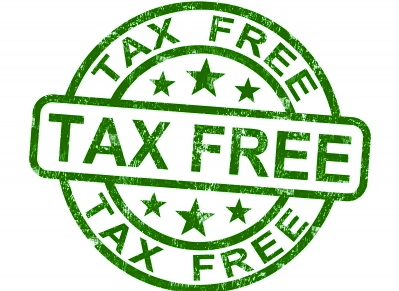
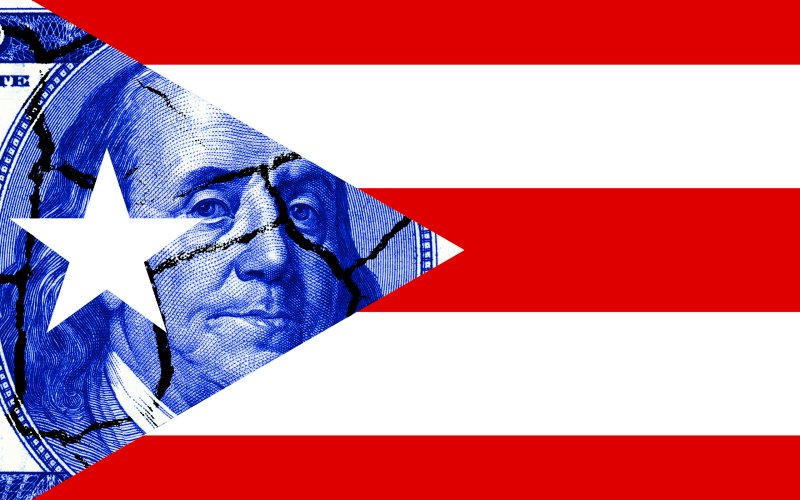
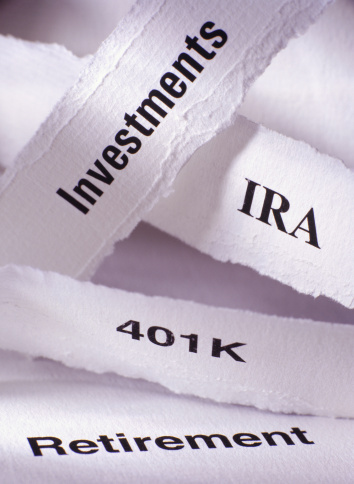

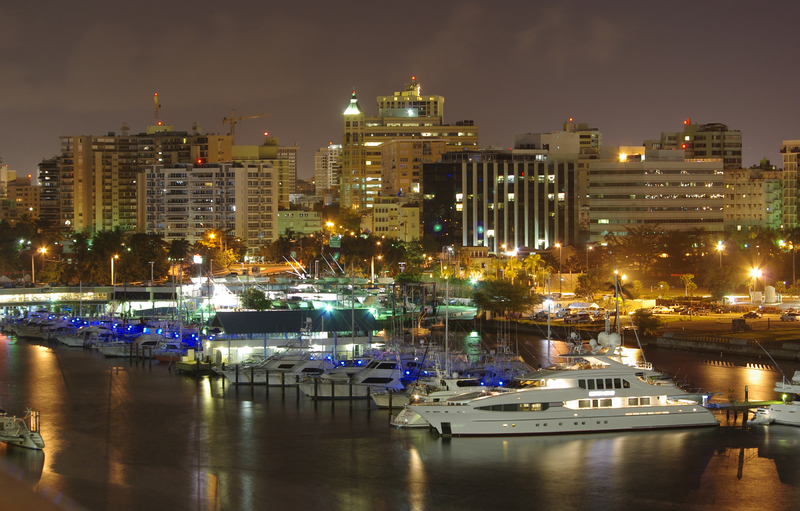
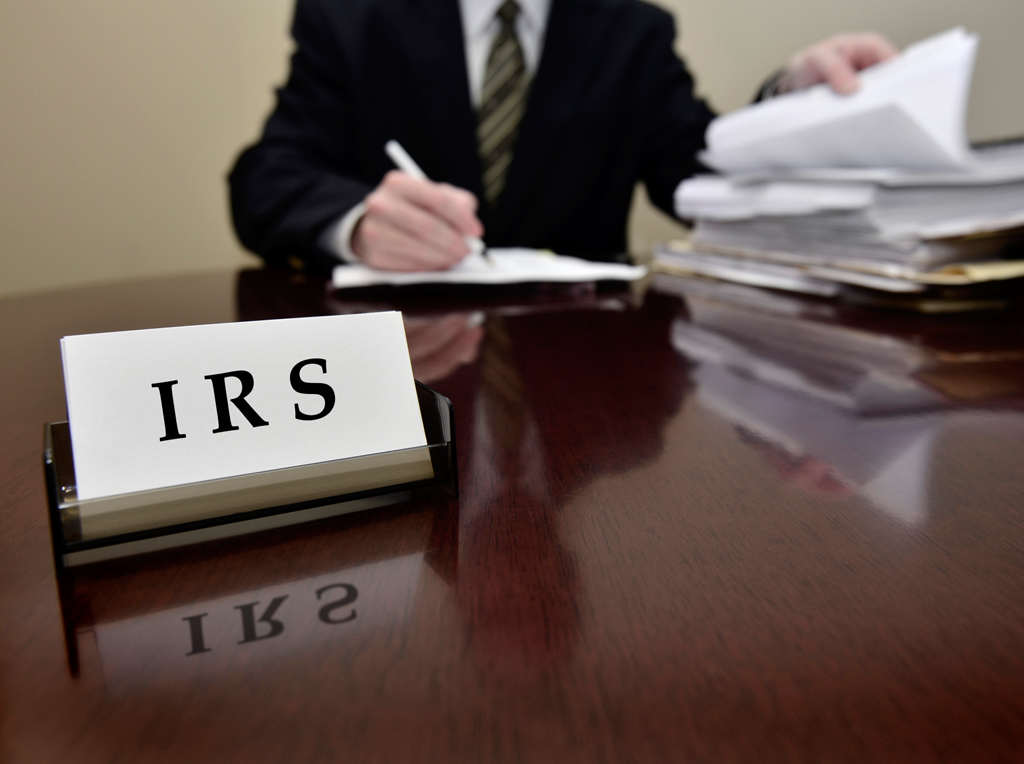




Leave a Reply
Want to join the discussion?Feel free to contribute!